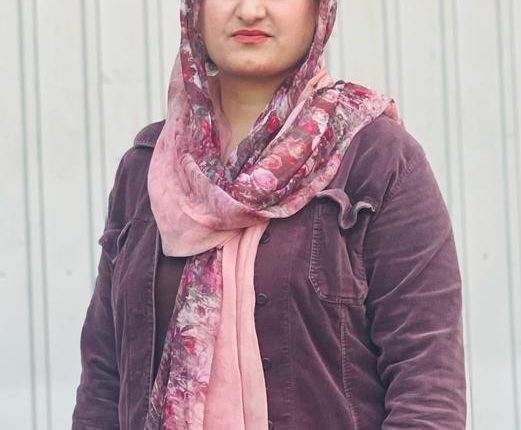Human immunodeficiency virus (HIV) is an infection that attacks the body’s immune system. Acquired immunodeficiency syndrome (AIDS) is the most advanced stage of the disease. HIV targets the body’s white blood cells, weakening the immune system. This makes it easier to get sick with diseases like tuberculosis, infections and some cancers.
According to Pakistan’s National AIDS Control Program (NACP), over 165,000 persons in the country are HIV positive, with just 24,331 (15%) being aware of their status.
HIV is caused by a virus. It can be passed from mother to child during pregnancy, childbirth, or breastfeeding, or through sexual contact, illicit injectable drug use or sharing needles, contact with infected blood, or contact with contaminated blood. HIV kills CD4 T cells, which are white blood cells that aid in disease resistance. Multiple injections, i.e. the same syringes were used on one or more children by healthcare personnel as part of treatment, were connected to HIV infections in children. As a result of the medical error, which was primarily due to inadequately trained employees, there was an increase in HIV transmission and infections in Pakistan.
Pakistan has been facing challenges related to HIV/AIDS, although the country’s HIV epidemic is considered to be concentrated rather than generalized. The prevalence of HIV/AIDS in Pakistan is relatively low compared to some other countries, but it is still a significant health concern.
According to the Joint United Nations Programme on HIV/AIDS (UNAIDS), Pakistan had an estimated 190,000 people living with HIV/AIDS in 2019. The estimated adult HIV prevalence rate in Pakistan was around 0.1% in the same year, which is considered relatively low on a global scale. However, it is important to note that these are estimates and the actual numbers may vary. According to Pakistan’s National AIDS Control Program (NACP) only 15% 0f positive cases are being aware of their status.
Factors contributing to the HIV/AIDS situation in Pakistan include a range of issues such as injection drug use, unsafe blood transfusions, limited awareness and prevention programs, stigma and discrimination, and limited access to healthcare services in certain regions.
The government of Pakistan, along with international organizations and non-governmental organizations (NGOs), has been working to address the HIV/AIDS situation in the country. Efforts include increasing awareness, improving access to prevention and treatment services, implementing harm reduction strategies for drug users, promoting safe blood transfusions, and strengthening healthcare systems.
Spreading awareness about HIV/AIDS and prevention is crucial for promoting public health and reducing the transmission of the virus by tailoring awareness efforts to specific populations that are at higher risk of contracting HIV/AIDS, such sex workers, people who inject drugs, and transgender individuals. Develop culturally sensitive materials and initiatives that address the unique challenges faced by these communities.

